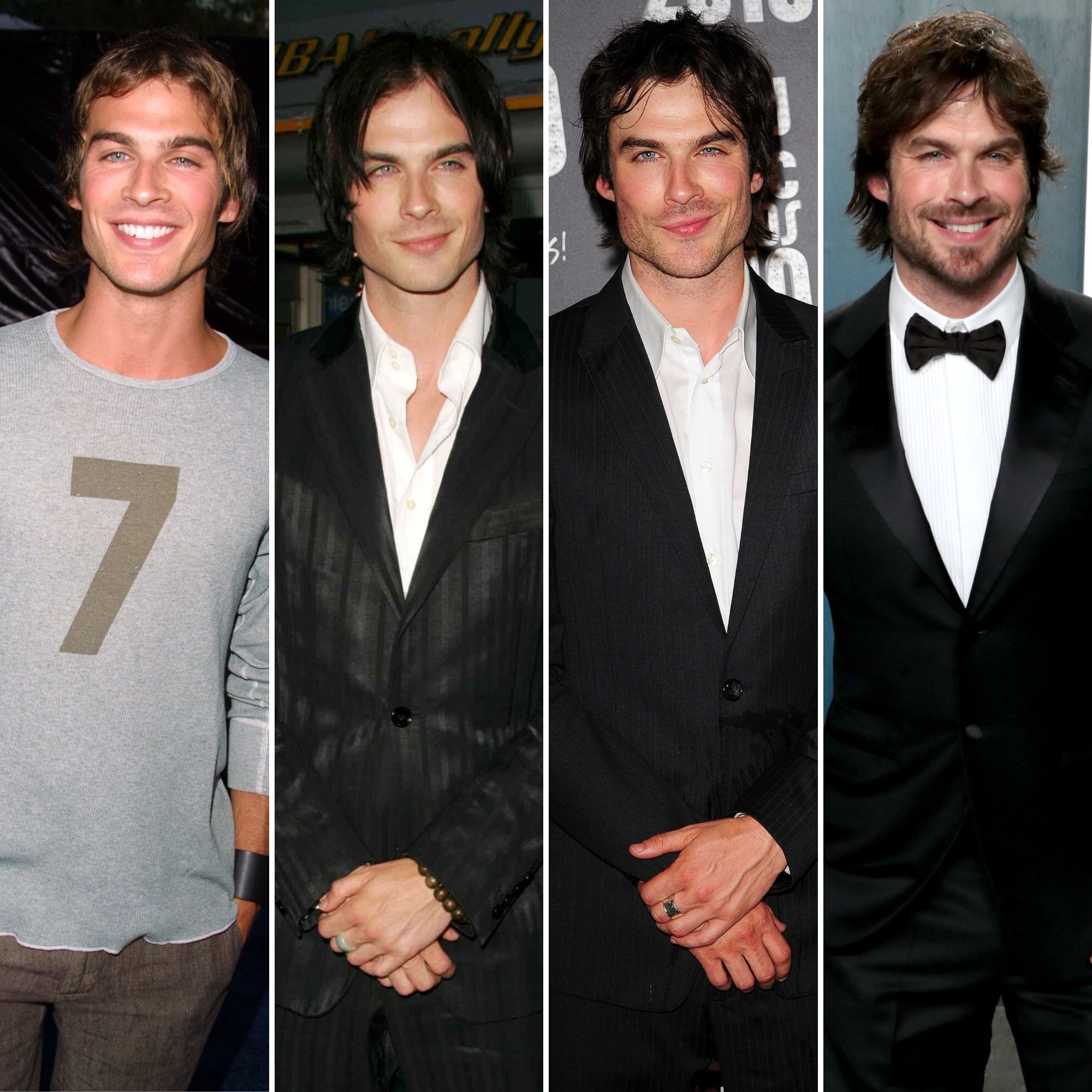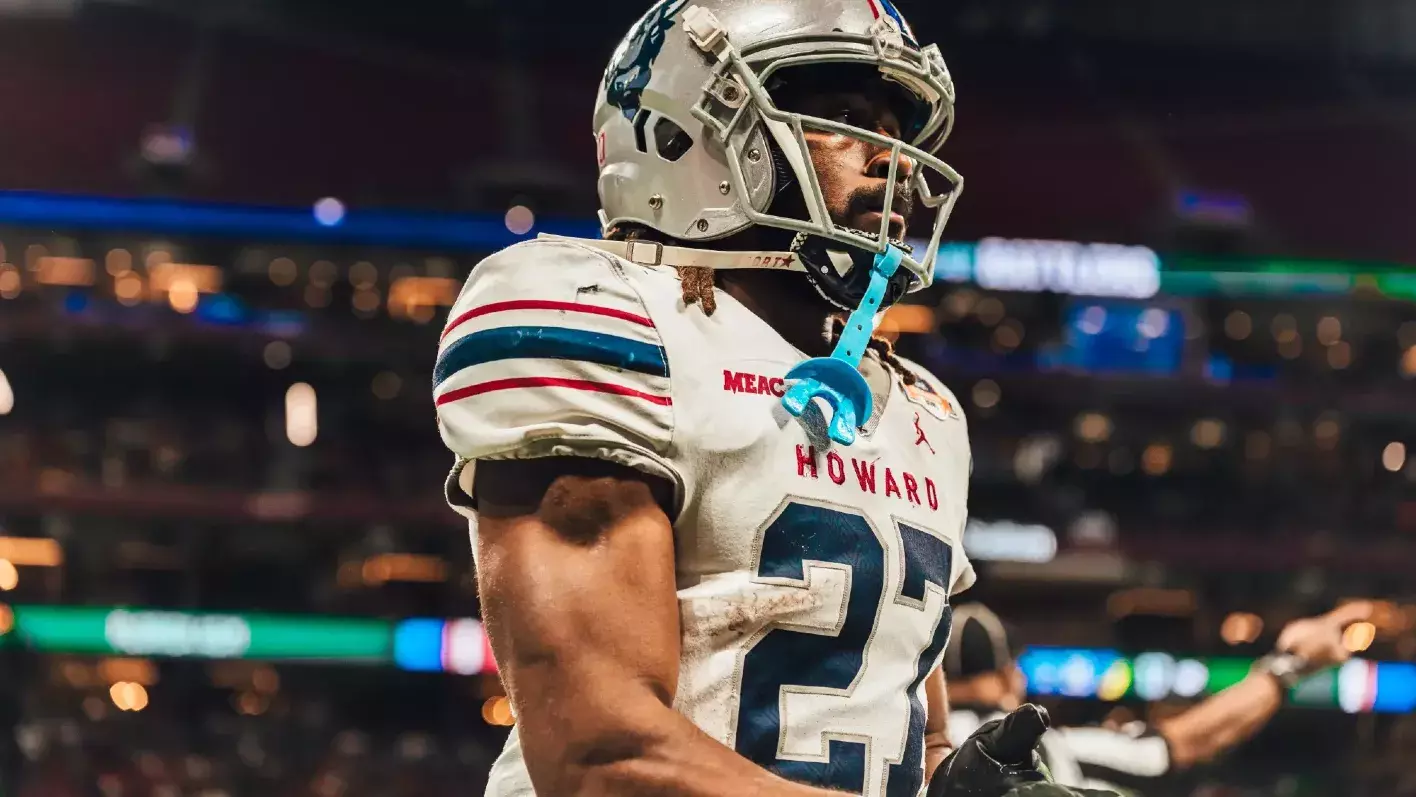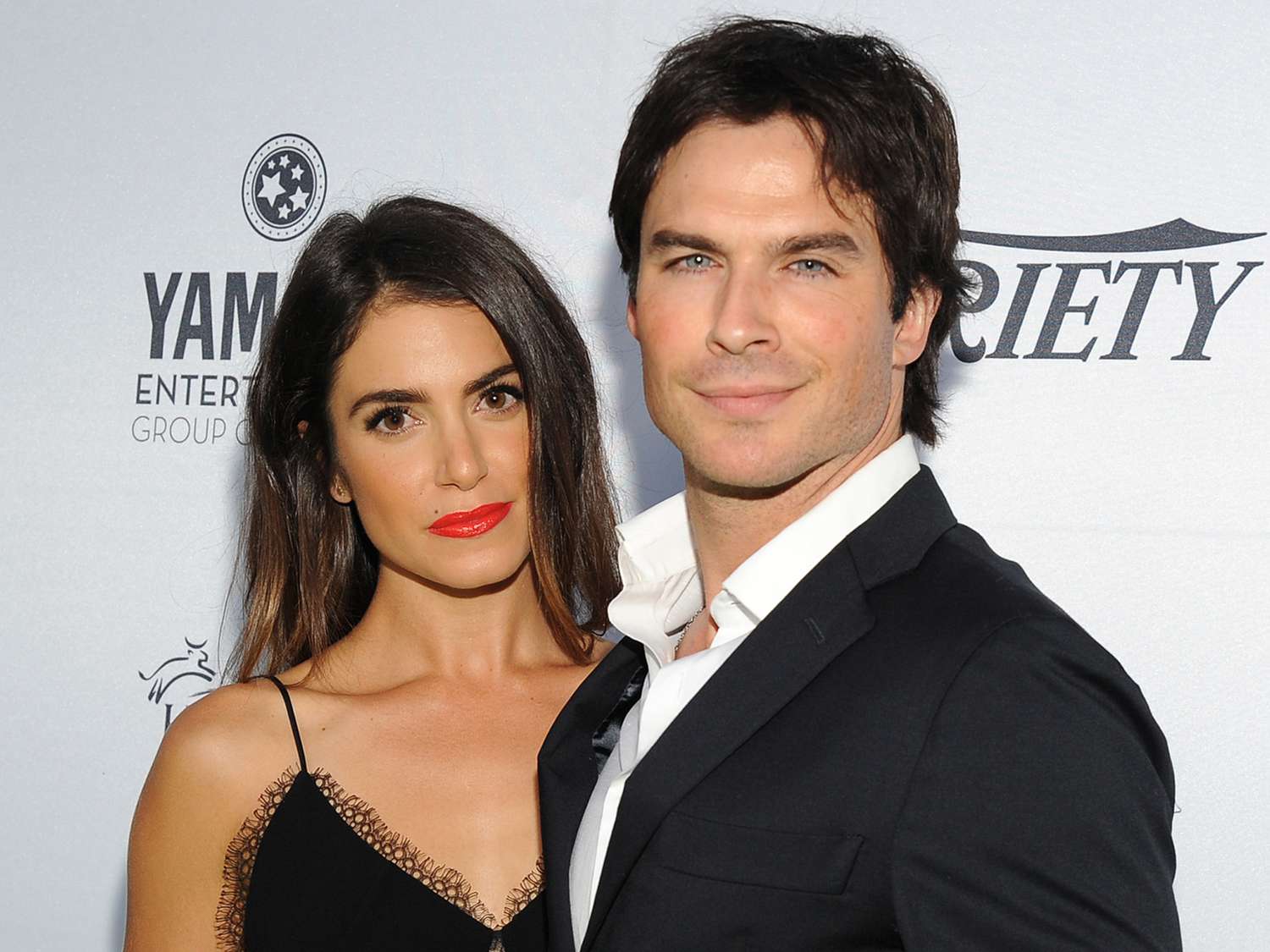Ian McKellen Explains Acting To Ricky Gervais: What We Learned
Imagine a scene where two titans of performance, Sir Ian McKellen and Ricky Gervais, sit down for a chat about their craft. It's a rather fascinating thought, isn't it? One a celebrated theatrical giant, known for his deep, often very serious, portrayals of complex characters, the other a sharp, quick-witted comedian and writer who finds humor in life's awkward moments. This kind of meeting, where ian mckellen explains acting to ricky gervais, offers a truly unique perspective on what it means to perform, to connect with an audience, and to inhabit a role. It’s almost like watching two different worlds of creativity gently collide, and that, you know, is pretty special.
When someone like Ian McKellen, whose career spans decades of stage and screen triumphs, talks about acting, people tend to listen very closely. He brings a wealth of experience, a deep understanding of human nature, and a certain kind of gravitas to every discussion. Then you have Ricky Gervais, who, while perhaps not a classically trained actor in the traditional sense, possesses an undeniable knack for embodying characters that feel incredibly real, often through a lens of biting satire or relatable discomfort. The blend of their individual approaches, it could be argued, makes any exchange between them particularly insightful, offering a lot to think about.
This imagined discussion, where ian mckellen explains acting to ricky gervais, isn't just about technical skills; it's about the very heart of storytelling and how different people find their way into a character's shoes. It explores the varied paths artists take to bring stories to life, from the meticulous preparation of a Shakespearean role to the spontaneous wit of stand-up comedy. So, what might we learn from such an extraordinary conversation? What wisdom might be shared when these two distinct talents open up about their work? It's a rather compelling question for anyone interested in the performing arts, or just, you know, how people make things.
- Peter Dinklage Apocalypse Movie
- Sara Bareilles Net Worth
- Anthony Hopkins Pictures
- Tom Hanks Animal Show
- Stavros Niarchos 111
Table of Contents
- Ian McKellen: A Brief Overview
- The Art of Acting: McKellen's Perspective
- Ricky Gervais: The Comedian's Approach
- The Great Exchange: When Two Worlds Meet
- Frequently Asked Questions
Ian McKellen: A Brief Overview
Sir Ian Murray McKellen, born on May 25, 1939, is an English actor who has graced both stage and screen with his remarkable presence for many, many years. His career, it's fair to say, is quite extraordinary, marked by a deep commitment to classical theater and a willingness to embrace popular culture. He's widely recognized for his Shakespearean roles, bringing characters like Macbeth, King Lear, and Richard III to vivid life with a real sense of power and nuance. Then there are his iconic film roles, like Gandalf in "The Lord of the Rings" and Magneto in the "X-Men" series, which have introduced him to a much wider global audience. He's received numerous accolades, including a knighthood for his services to the performing arts, and a lot of awards besides. His work, you know, really speaks for itself, and he's basically a living legend in his field.
Personal Details & Bio Data of Ian McKellen
| Full Name | Sir Ian Murray McKellen |
| Born | May 25, 1939 |
| Birthplace | Burnley, Lancashire, England |
| Occupation | Actor |
| Years Active | 1961–present |
| Notable Roles | Gandalf (The Lord of the Rings), Magneto (X-Men), various Shakespearean characters |
| Awards | Tony Award, Golden Globe Award, Screen Actors Guild Award, Olivier Awards, Knighthood |
The Art of Acting: McKellen's Perspective
When ian mckellen explains acting to ricky gervais, he would likely emphasize that acting is not just about pretending. It’s a very serious endeavor, a bit like a deep exploration of the human condition. He often talks about the profound connection an actor must make with the words on the page, the history of the character, and the feelings they convey. For him, it's a process of becoming, of stepping into another person's skin and truly feeling what they feel. This approach, you know, tends to be very immersive, demanding a lot from the performer, both intellectually and emotionally. It's about finding the inner life of a character, really, and then letting that guide everything else.
Truth and Authenticity
One of the cornerstones of McKellen’s acting philosophy is the pursuit of truth. He believes that even in the most fantastical roles, an actor must find a core of human authenticity. It’s not about being fake; it’s about revealing something real within the context of the story. So, whether he's playing a wizard or a king, the emotions, the reactions, the very essence of the character must feel genuine to the audience. This, you know, requires a kind of honesty from the performer, a willingness to be vulnerable and to show real feeling. It's about making the audience believe, truly believe, what they are seeing, and that's a very difficult thing to achieve, often.
- Robert De Niro Most Recent Movie
- Net Worth Of Doug Christie
- Eric Bana Net Worth
- Gary Oldman Lee Harvey Oswald
- Carroll Shelby Net Worth
The Power of Imagination
McKellen often speaks about the incredible power of imagination in an actor's toolkit. It’s not enough to just memorize lines; an actor must imagine the character's past, their dreams, their fears, and their motivations. This imaginative work helps to build a complete, living person, even if they only exist on a stage or screen. For him, the imagination is the engine that drives the performance, allowing the actor to create a world within themselves that then spills out into the scene. It’s a bit like building a whole universe inside your head, and then, you know, inviting others to visit it for a while.
Connecting with the Text
For a classical actor like McKellen, the written word is sacred. He would probably tell Ricky Gervais that a deep, deep connection with the script is absolutely vital. This means not just reading the lines, but really understanding the rhythm, the subtext, the historical context, and the poetical beauty of the language. He sees the script as a blueprint, a guide that, you know, holds all the secrets to the character and the story. It's about honoring the writer's intent while also bringing your own unique interpretation to the role. This kind of work, it's fair to say, is very much about respect for the source material.
The Importance of the Audience
McKellen, having spent so much of his career on stage, understands the living, breathing relationship between performer and audience. He might explain that acting is a conversation, a shared experience that happens in real time. The audience, you know, isn't just watching; they are participating, reacting, and influencing the energy of the performance. This dynamic connection is what makes live theater so special, and even in film, he believes, there's an imagined audience that shapes the delivery. It’s about giving something to the people watching, and, in a way, receiving something back from them too.
Ricky Gervais: The Comedian's Approach
Ricky Gervais, on the other hand, approaches performance from a rather different angle. While McKellen often starts with the text and builds outward, Gervais frequently begins with an observation, a character idea, or a comedic premise, and then crafts a performance around that. His work, you know, often blurs the lines between acting and simply being, particularly in his stand-up and mockumentary styles. He's known for his very naturalistic delivery, even when portraying characters who are utterly ridiculous or deeply flawed. It's a style that feels very authentic, in a way, even if the situations are absurd.
Observational Humor and Character Creation
Gervais's comedic genius often stems from his keen observation of human behavior. He sees the awkwardness, the pretension, the small absurdities of everyday life, and then exaggerates them for comedic effect. His characters, like David Brent from "The Office," feel so real because they are built upon these recognizable human traits, albeit amplified. So, when he creates a character, it's often a distillation of various people he's encountered or behaviors he's noticed. This method, you know, makes his characters feel incredibly relatable, even when they are doing something truly cringeworthy. It's about finding the humor in the ordinary, in some respects.
Naturalism in Comedy
Unlike some comedic actors who rely on broad gestures or exaggerated expressions, Gervais often opts for a very understated, naturalistic style. His humor often comes from the subtle reactions, the uncomfortable silences, or the deadpan delivery. He might explain to McKellen that the key is to make it seem like the character isn't trying to be funny at all, which, you know, makes it even funnier. This approach creates a sense of realism that allows the audience to truly believe in the characters, even when they are saying or doing incredibly silly things. It’s a bit like catching someone off guard, really, and then letting their true self shine through, for better or worse.
Breaking the Fourth Wall
A hallmark of Gervais's comedic style, particularly in "The Office" and "Extras," is the frequent breaking of the fourth wall, where characters directly address the camera or acknowledge the audience. This technique, while not traditional acting in a theatrical sense, creates a unique intimacy with the viewer. He might explain that it's a way to draw the audience into the world of the show, making them feel like they are part of the joke, or, you know, witnessing something very private. It’s a different kind of connection than McKellen might forge on stage, but it's effective in its own way, creating a very direct line to the viewer's experience.
The Great Exchange: When Two Worlds Meet
When ian mckellen explains acting to ricky gervais, the conversation would surely be a rich tapestry of differing viewpoints and surprising commonalities. McKellen, the classical master, might speak of the discipline of the stage, the power of voice and movement, and the profound emotional journey of a character. Gervais, the comedic innovator, might counter with the importance of authenticity in awkward moments, the art of the pause, and the power of relatable human flaws. It's a fascinating thought experiment, really, considering how these two very different artists might find common ground or, you know, respectfully disagree on certain points of craft. As explored in "My text," the name "Ian" appears in various contexts, from fictional characters to AI researchers like Ian Goodfellow and Yoshua Bengio, and even authors like Ian McEwan, but the specific details within "My text" about these other "Ians" aren't directly relevant to this discussion between Ian McKellen and Ricky Gervais about acting, which is a rather different kind of creative endeavor.
Finding Common Ground
Despite their distinct methods, both McKellen and Gervais share a fundamental goal: to connect with an audience and to tell a compelling story. McKellen's pursuit of truth in a grand theatrical role isn't so far removed from Gervais's commitment to naturalism in a comedic character. Both aim for believability, for making the audience feel something, whether it's awe, laughter, or discomfort. They both understand that performance, at its heart, is about communication, about sharing a piece of themselves and a piece of the human experience with others. So, in some respects, their paths, though seemingly different, lead to a very similar destination, which is pretty cool.
Learning from Differences
The beauty of a conversation where ian mckellen explains acting to ricky gervais lies not just in their shared principles, but also in the unique insights each brings from their respective worlds. McKellen might offer Gervais new ways to deepen a character's emotional life, even within a comedic framework, perhaps by exploring the character's hidden vulnerabilities. Gervais, in turn, might remind McKellen of the power of spontaneity, of finding humor in unexpected places, and of the unique connection that can be forged through direct address to an audience. It's a bit like two different kinds of artists sharing their secret techniques, you know, each one enriching the other's understanding of what's possible in performance. This kind of exchange, frankly, could only make both of them better at what they do, in a very real way.
Frequently Asked Questions
What is Ian McKellen's acting philosophy?
Ian McKellen's acting philosophy centers on finding the truth and authenticity within a character, no matter how grand or fantastical the role. He stresses the power of imagination, a deep connection with the written text, and the vital, living relationship between the performer and the audience. For him, acting is about truly becoming the character and conveying genuine human emotion, which is a very demanding process, often.
How does Ricky Gervais approach his comedic roles?
Ricky Gervais approaches his comedic roles with a focus on observational humor and naturalism. He often creates characters based on relatable human flaws and awkward behaviors, delivering them with a deadpan or understated style. His method frequently involves breaking the fourth wall to create a direct, intimate connection with the audience, making them feel like they are part of the unfolding comedic situation, which is pretty clever, you know.
Has Ian McKellen worked with Ricky Gervais before?
While a specific, widely publicized "masterclass" where ian mckellen explains acting to ricky gervais in detail isn't a single, well-documented event, they have shared a screen. Ian McKellen appeared in Ricky Gervais's television series "Extras" as a fictionalized version of himself. In this show, Gervais's character, Andy Millman, often interacts with famous actors, and McKellen's appearance was a memorable one, showcasing his good humor and willingness to poke fun at his own public persona, which was, you know, rather brilliant.
- Leonardo Dicaprio Environmentalist
- Andre Johnson Net Worth
- Mena Suvari Net Worth
- Harrison Ford Birthplace
- Edwin Arroyave Net Worth

Ian Somerhalder 90s - A Look Back At His Early Days

30 Facts About Ian Wheeler - Facts.net

50 Facts About Ian Happ - Facts.net